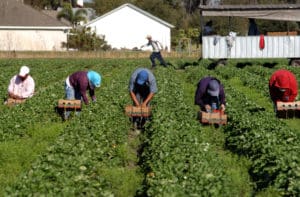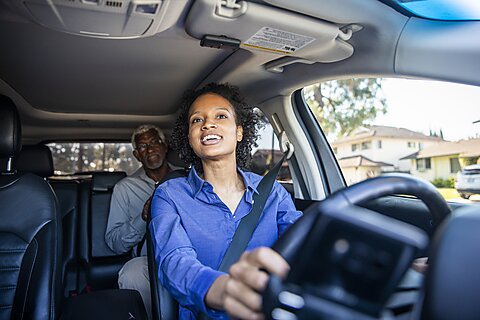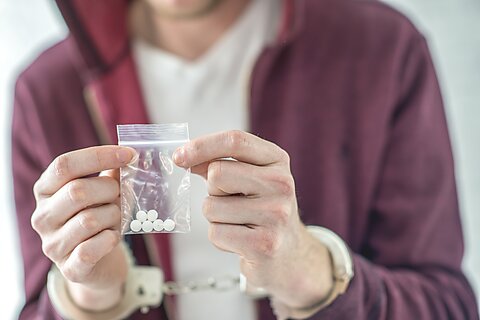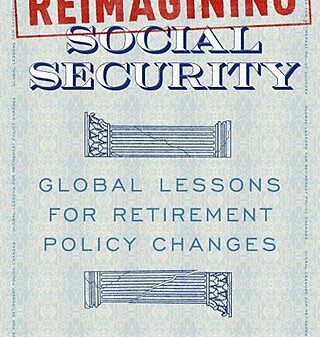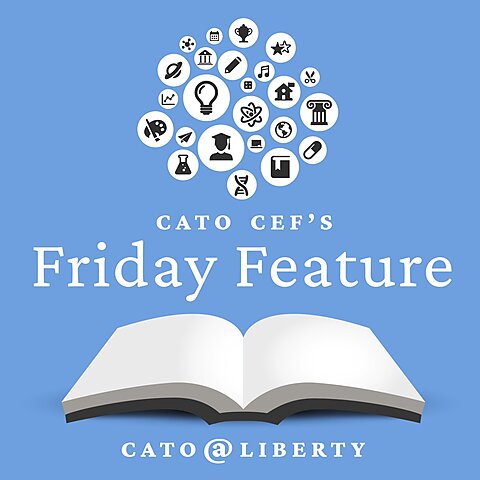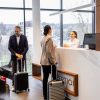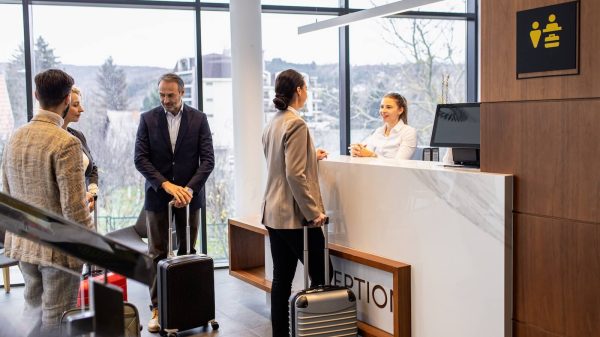Colleen Hroncich
“We don’t want to be the only school that you ever go to,” says Margaret Creighton, President and CEO of Positive Tomorrows, a school and social services agency serving families experiencing homelessness. “We want to get the child up to speed academically and socially, that’s super important. And have the parent be stable for six months or more in housing with income. When those two things line up, then we know that you’re ready to be successful outside of our walls. So we want to help you transition to your next school, whatever that looks like for you—whether that’s a public school or a charter school or another private school.”
Positive Tomorrows is a unique place. “It’s a two-generation approach. So we’re working with the kiddos in the classrooms. We are a fully accredited private school, tuition-free for all of our kids, with small classroom sizes and multiple adults in every room,” Margaret explains. “We’re also at the same time working with the families. So we are a team of case managers that looks at the stability of the family because we know that they correlate. So you can’t work just with the family and not work with the child, or just with the child and not work with the family. So we’re helping families with employment, with housing, income, whatever that looks like for them. We make sure that they get to a place where they are more stable than experiencing homelessness.”
The day starts with a family-style breakfast before getting into academics. The students are grouped by age at Positive Tomorrows, but they use a differentiated education model to reach them where they are. “There’s not more than 15–16 kids in every classroom with two adults, a certified teacher, and a classroom aide in every classroom. So everybody’s getting individualized attention,” says Margaret. There are also tutors who pull kids out for interventions as needed. She adds, “Morning time is pretty protected around here. That’s our academic time. That’s when everybody is most focused. So up until lunchtime, there’s not a lot of distractions.”
In the afternoon, they have enrichment classes, such as art, music, ballet, swim lessons, and foreign language. Some of these change seasonally. The goal is to ensure the kids have access to learning opportunities that kids would have at other schools.
After school, they have a big protein-based snack that could serve as dinner if necessary. Then they transition to an after-school program, which has included piano, soccer, knitting, sewing, and board games. “We ask the kids what their interests are and try to gauge off of that what we make our after-school program,” Margaret says.
Since Positive Tomorrows is geared toward families experiencing homelessness, there are many aspects that aren’t typically found in schools. They use home-based names for the spaces around the school—the playground is called the backyard, and the cafeteria is called the family room. “Those are spaces that are modeled after what a home looks like. For many of our kiddos, they start to learn and understand what home feels like and what home can be while they’re here at our schools. We want them to take those things forward into their home situation and create their new traditions,” explains Margaret.
They also make sure holidays are special for the families. For Halloween, the costume lab at a local college comes to the school to find out what each child wants to dress up as, then they measure the kids and make them custom costumes. They have a Halloween trick-or-treat parade through the school. They also have their own Thanksgiving Day parade through the school and have a family-style Thanksgiving meal. “So all of those things we try to help our families to rebuild some traditions that maybe have been lost along the way,” Margaret says.
As families gain stability, they graduate from Positive Tomorrows. This past May, they had 20 families who graduated, which included 35 enrolled students. But the school is still there for support even after families leave. Margaret says the message to families is, “If you need anything, we’re always here to help. So we can be that backup for you. If something starts to go wrong, call us and we can help you work through that so that you stay in that forward motion position for our families.”
Positive Tomorrows is tuition-free, so the families who need help can access it. Oklahoma’s school choice programs can help defray the costs of running the school. In particular, the Lindsey Nicole Henry Scholarships for Students with Disabilities now include homelessness as part of its eligibility criteria, which means all students at the school now qualify.


